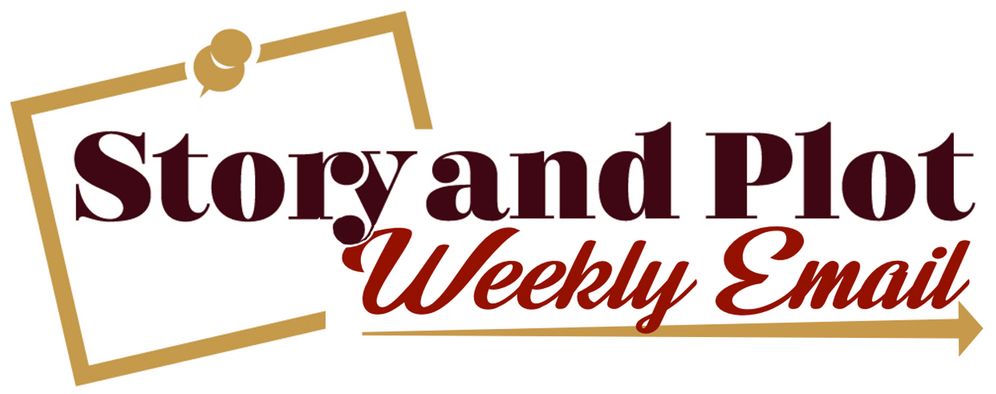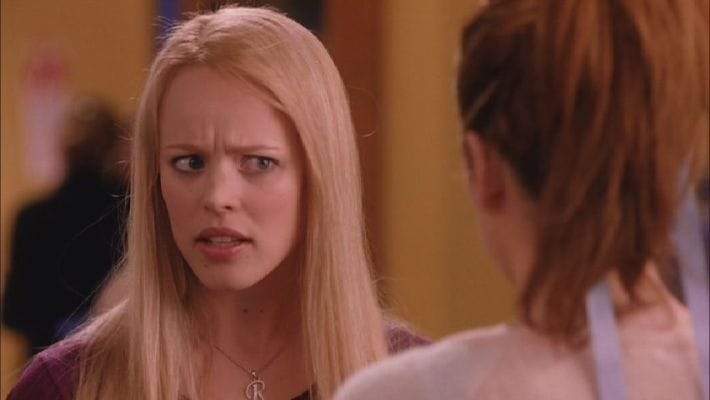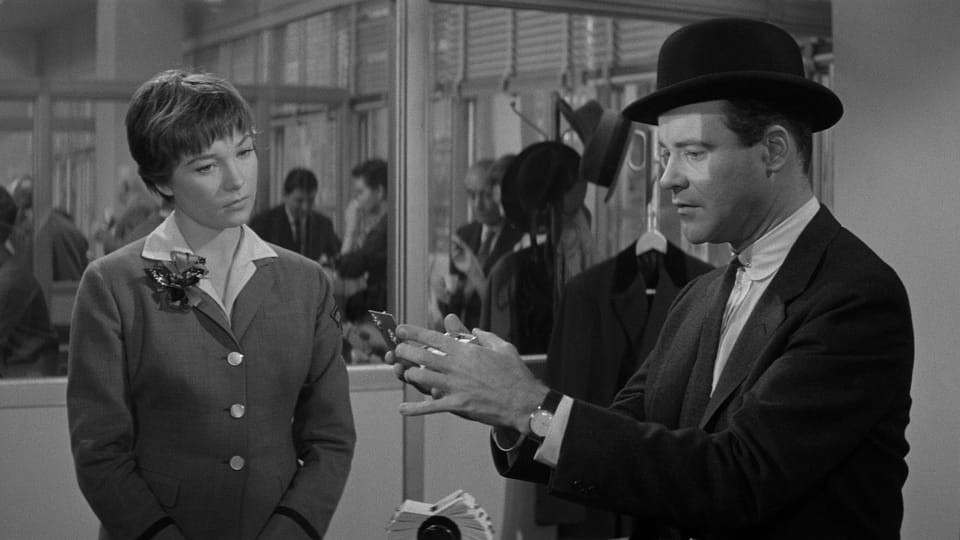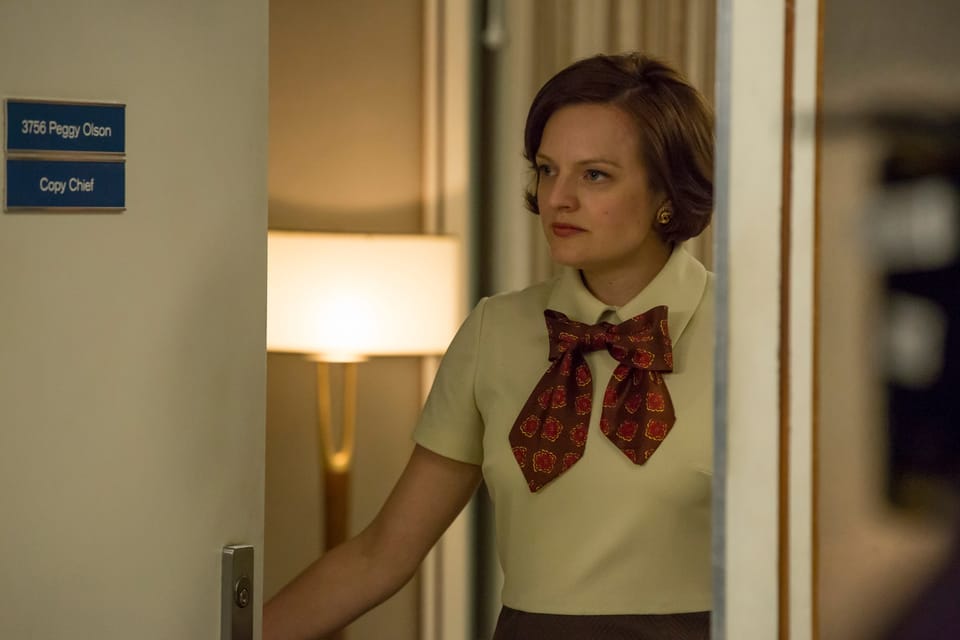It's The Intention That Matters
We ask ourselves: what is the emotion we want to evoke? What information do we want to impart, or what visual do we want to reveal? Put simply, what is the intention?

The Story and Plot Weekly Email is published every Tuesday morning. Don't miss another one.
I didn't write much during the strike, so it feels good to be back at it full-time.
My focus is on MOST WANTED right now, writing another draft for the director that will go out to cast.
This rewrite has been an absolute joy, and so far, my favorite director to work with at this early stage. This is mostly because we approach rewrites the same way (which, of course, I believe is the right way!)
There are production concerns, like shooting day and night, and budget stuff, stunts, and do we get enough bang for that buck?
That is all fine and good, and it is always interesting to see the real-world shooting concerns of a spec script as it becomes a shooting script.
But the real joy has been focusing on:
What is the intention of the scene?
This has been how we have approached each change in the script. Changes have a way of creating unintended consequences in a well-constructed script. So when I get notes to make changes, we've been able to discuss the intention behind the note.
"I want to get everything started that much quicker. What is your concern with the change?"
"We need more time with the kids, so we empathize with them as people rather than as flashbacks."
Notice that no one here is arguing their way is better. We are talking about what emotional effect we both are looking for.
Never be the writer arguing over words on the page when everyone else is trying to make a movie.
So once we know the intentions, we throw around ideas that let us spend more time with the kids in the script AND get everything started that much quicker.
We're smart people, so we find it.
This went on, always focusing on the intention that we're trying to execute.
The process is to put the intention first. And then we throw out ideas, often just one idea building off the other.
It takes two people to do it this easily. Sometimes, people like to fight for their ideas rather than their intent, and then someone has to "lose," and not everyone likes that.
If you are the only one focusing on intent, it will take a little more skill to lead the team there without them knowing that's what you're doing.
This is what I call "leading development from behind," and I wish I had known how to do it earlier in my career.
I don't need to do that here. I get to be a loyal hard-working writer, which I like.
What is the intention of the paragraph?
We can take this same process and apply it to each line and each paragraph in our spec scripts.
We ask ourselves: what is the emotion we want to evoke? What information do we want to impart, or what visual do we want to reveal?
Put simply, what is the intention?
Last week, I read a writer's first 10 pages. The screenplay opens with a woman studying her passion for acting early in the morning. She reads a book while watching an interview on her laptop.
On page 2, is this line:

I read this as "she packs her stuff and leaves." That's what she's doing, right?
So just write that, I say! Trim it down and get to the point. Phrases like "her copy of Stanislavsky's Toolkit" are a waste of words. No one thinks it's Stanislavsky's original manuscript, so why say "her copy?"
Even if you wanted to keep some of the detail, you could write as much as:

Maybe you add a cute bit like, "And tops it off with a box of cookies?" Is that worth the space? Maybe.
Either way, simpler is better.
So great, I get to be an awesome teacher who knows everything and move on.
One problem.
"But the whole point of that paragraph is the reveal that she is an English teacher," she says.
Well, darn. I did not realize that.
That makes a huge difference.
So, what she wants out of this paragraph is that up until now, we have only seen Katherine as an actor. When she packs her bag, we see the grades and we realize... Oh! She's an English teacher!
This is a solid move. We turn an easy bit of data like "she is an English teacher" into something that we have a slight emotional response to.
It's a reveal.
The writer is doing exactly what she should. She is guiding the emotional journey of the reader and, in effect, directing on the page.
Excellent!
But does the paragraph she wrote do this?
I don't think so. Why do I think that? Because I read it and didn't see it.
This is why I emphasize:
For dialogue, trust the reader. For action lines, take zero chances. Clarity is key.
Never sacrifice clarity of intent.
If the reader doesn't absorb our intent, we may as well not have had it. We don't get points for slipping important points by them. As Billy Wilder once said, "It can be subtle, as long as it's obvious."
So, if the intent is the reveal that she is an English teacher in contrast to what we first thought, we want to build the entire paragraph around that.
That is, we focus on the intent of the paragraph.
And since I am a big believer that if something is important, it should get its own paragraph, we might be better off with something like this:
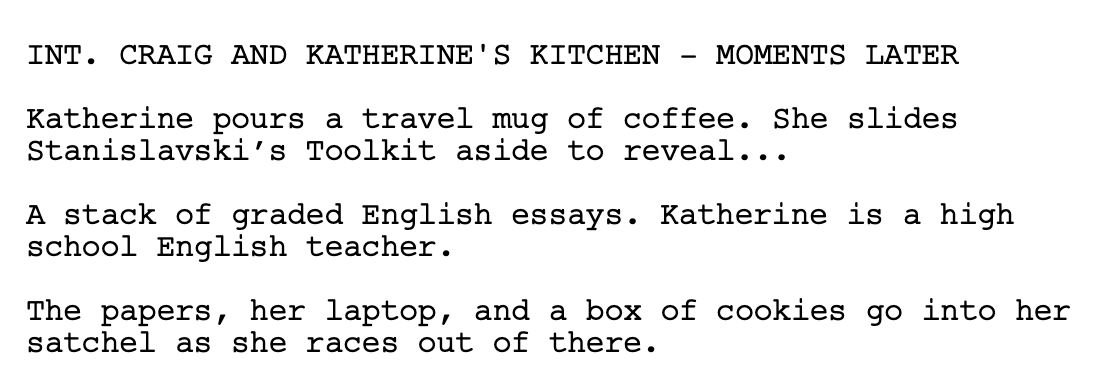
This rewrite is actually longer, but now it serves its purpose much better. Most readers will see 1) a medium shot, then 2) an insert, and 3) back to the medium shot.
The line spelling out "Katherine is a high school English Teacher" duplicates the extra second we would linger on the graded papers to tell the audience it's important.
Once that linger registers, the audience would know to add 2+2 and draw the conclusion.
Better to skip all that lingering stuff in the screenplay and draw the conclusion for them: Katherine is an English teacher.
Go through every line, every paragraph.
What is its purpose in your screenplay? Why is it there? Again, what emotion, information or image?
And ask yourself, does it do what you want it to do? Does it achieve its purpose?
If it doesn't, rewrite it until it does. Or cut it altogether if it's not worth the space.
No matter what you do, the unbending rule stands:
We never, ever sacrifice clarity of intent.
That's a wrap!
That's it for this week.
The town is about to shut down for the rest of the year, and not much will happen until 2024.
But I will see you next week.
Tom
The Story and Plot Weekly Email is published every Tuesday morning. Don't miss another one.
When you're ready, these are ways I can help you:
WORK WITH ME 1:1
1-on-1 Coaching | Screenplay Consultation
TAKE A COURSE
Mastering Structure | Idea To Outline
